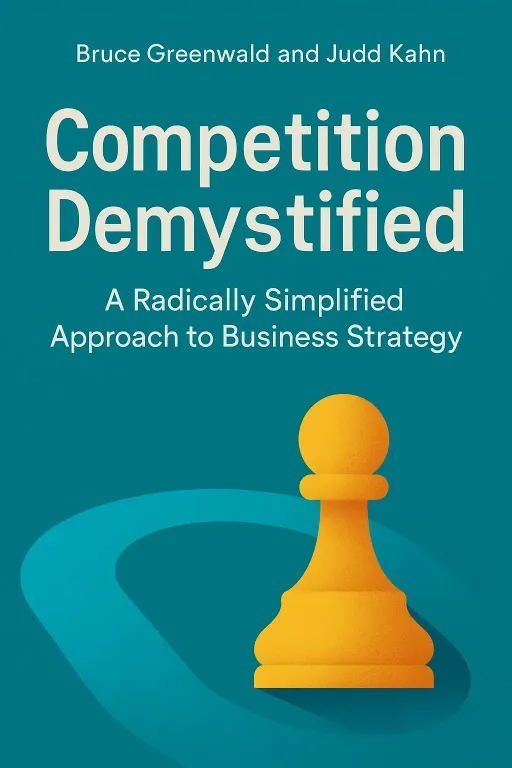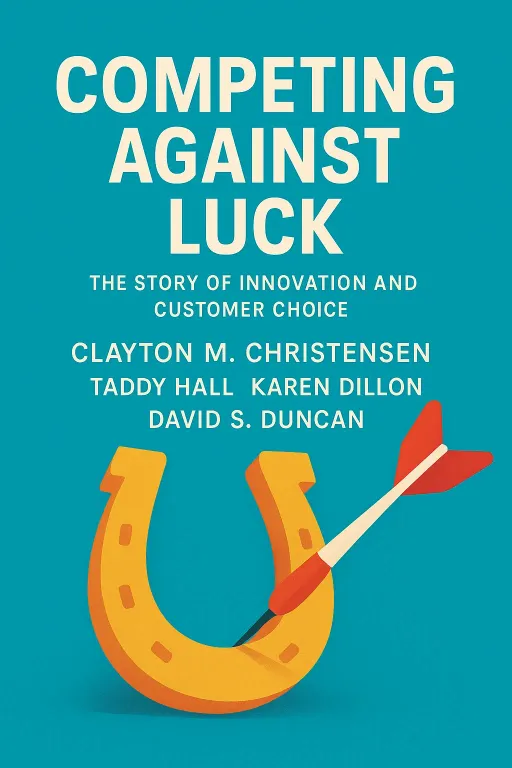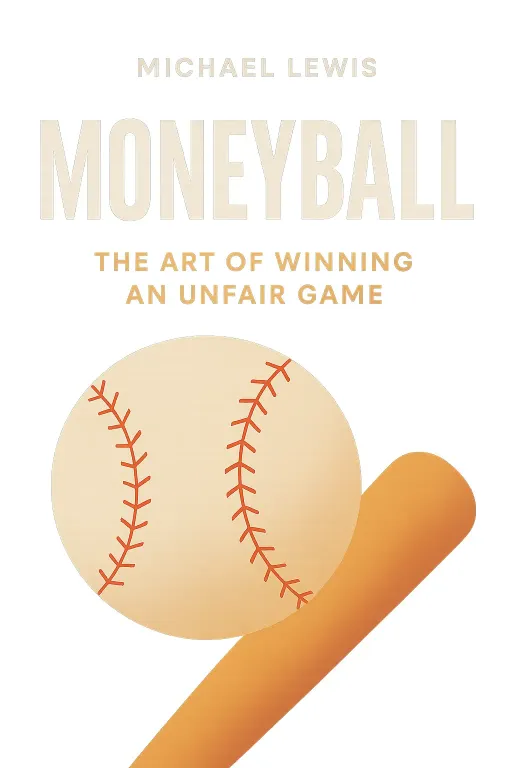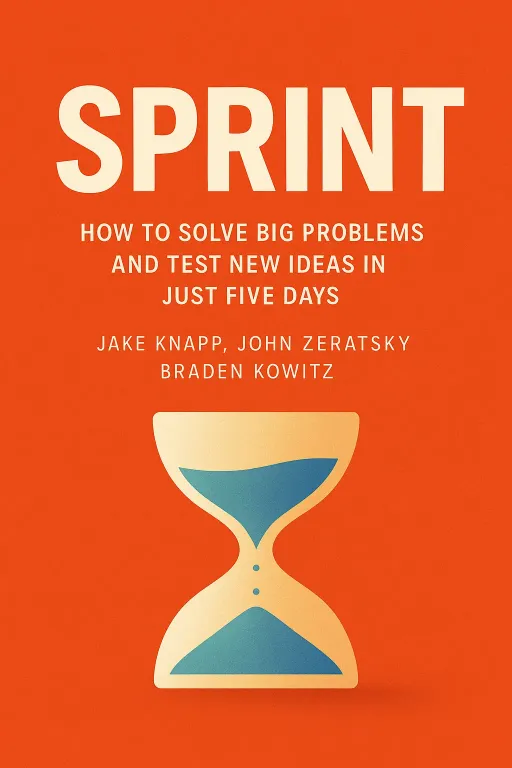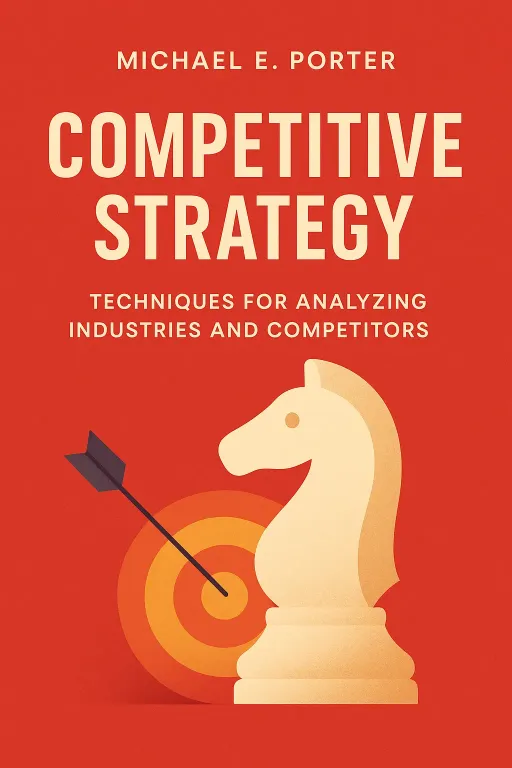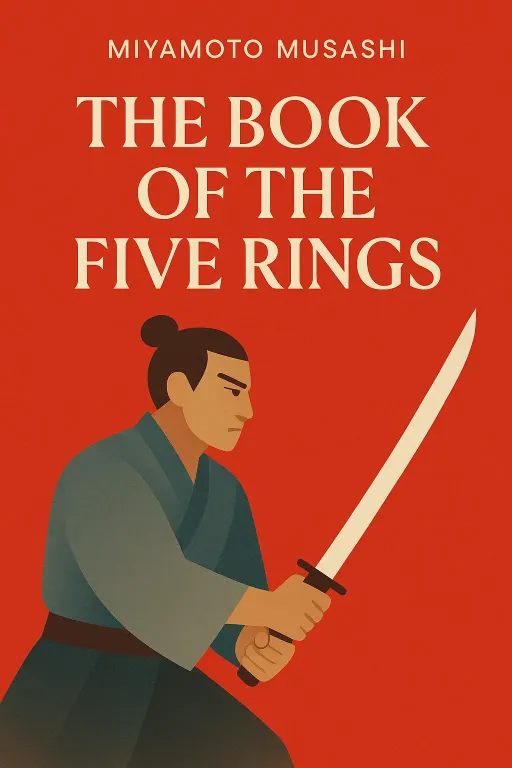
The Book of the Five Rings
12 minIntroduction
Narrator: Imagine a man who has never lost. A swordsman who, by the age of twenty-nine, had fought in over sixty duels and emerged victorious every single time. He began at thirteen, striking down his first opponent, a seasoned strategist. By sixteen, he had defeated another. For years, he traveled across Japan, challenging the most famous warriors of various schools and remaining undefeated. Yet, at the peak of his martial prowess, this man, Miyamoto Musashi, looked back on his string of victories not with pure satisfaction, but with deep, unsettling questions. He wondered if his success was due to true mastery, or simply natural talent, luck, or the inferiority of his opponents. This profound self-reflection, this refusal to accept victory without understanding, set him on a new path. For the next twenty years, he would seek not just to win, but to understand the underlying principle of winning itself. The result of that search is a timeless treatise on strategy, philosophy, and self-mastery: The Book of the Five Rings. It is a guide not just for the warrior, but for anyone who seeks to master their craft and navigate the conflicts of life.
The Way of Strategy is a Master Craft
Key Insight 1
Narrator: In the Ground Book, the first of the five scrolls, Musashi establishes the foundational principle of his philosophy: strategy is not merely a collection of fighting techniques, but a comprehensive craft, a "Way" that governs a warrior's entire life. He argues that the path of the warrior, much like that of a farmer, artisan, or merchant, is a profession with its own tools and principles. However, the warrior's craft is unique because its ultimate purpose is to overcome others and resolutely accept the reality of death.
To make this abstract idea concrete, Musashi uses a powerful analogy: the foreman carpenter. A master carpenter doesn't just know how to saw wood and hammer nails. He must understand the entire scope of a project. He knows the nature of different woods, using the straightest, finest grain for visible pillars and stronger, less perfect timber for the hidden structure. He assesses the skills of his workers, assigning tasks based on their individual abilities—giving the less skilled simple jobs and the most talented the complex, detailed work. He acts as a commander, knowing the rules of his craft, the laws of the land, and the spirit of his team. He maintains a master plan, ensuring that every action, from laying the foundation to raising the roof, contributes to the final, sturdy structure.
For Musashi, a strategist is like this foreman carpenter. The strategist must know their tools—the weapons—but also understand the terrain, the timing, and the spirit of both their own forces and the enemy's. They must deploy their resources wisely, putting people in positions where they can succeed. The core message is that true strategy is not about flashy, superficial moves. It is about a deep, grounded understanding of fundamental principles, meticulous planning, and the ability to lead and manage resources effectively, whether those resources are an army of soldiers or one's own body and mind.
The Spirit is Like Water: Adaptable and Formless
Key Insight 2
Narrator: In the Water Book, Musashi shifts from the foundation of strategy to its spirit, using water as the central metaphor. Water is formless and adaptable; it can be a gentle trickle or a raging flood. It takes the shape of whatever container holds it. The spirit of the strategist, Musashi insists, must be the same. This means maintaining a mind that is calm but determined, neither overly tense nor recklessly relaxed. He famously states, "In all forms of strategy, it is necessary to maintain the combat stance in everyday life and to make your everyday stance your combat stance." This isn't about walking around with a sword drawn; it's about cultivating a state of constant, calm readiness.
This adaptability extends to technique. Musashi critiques schools that become obsessed with rigid stances or "attitudes." While he outlines five basic attitudes—Upper, Middle, Lower, Left, and Right—he immediately follows this with the teaching of "Attitude-No-Attitude." The point is not to be in a specific stance, but to be in a position to cut the enemy. The form must serve the function. A warrior who is fixated on maintaining a perfect stance has a "dead hand," unable to react. The goal is a "living hand," one that is pliable and can respond instantly and intuitively to the changing flow of combat. This fluidity is the essence of the Water Book: to absorb principles so deeply that they become second nature, allowing the strategist to act without hesitation, moving and adapting with the natural, powerful clarity of water.
Combat is Fire: Seizing the Initiative and Creating Collapse
Key Insight 3
Narrator: If the spirit is water, then fighting itself is fire—intense, consuming, and dynamic. In the Fire Book, Musashi details the aggressive, psychological tactics needed to win a confrontation. This section is filled with dozens of visceral, evocatively named principles for controlling a fight. The core theme is seizing and maintaining the initiative. Victory belongs to the one who can forestall the enemy, dictating the rhythm and flow of the battle.
One of the most powerful concepts is "To Hold Down a Pillow." This means preventing the enemy from raising their head. In a duel, it’s about suppressing their every attempt to launch a meaningful attack. You press them, control their movements, and disrupt their intentions before they can even form. You don't just react to their attacks; you command them, forcing them into useless actions while you prepare the decisive blow. Another key idea is "To Know Collapse." Musashi observes that all things—an army, a building, a person's spirit—have a rhythm. When that rhythm is broken, they begin to collapse. The master strategist learns to recognize the moment of collapse in an opponent—a moment of hesitation, a loss of balance, a flicker of fear—and then pursues them relentlessly, giving them no space to recover. This is not about a fair exchange of blows; it's about creating a psychological and physical avalanche that completely overwhelms the enemy. The Fire Book teaches that a fight is won by understanding and manipulating the enemy's state of mind, using feints, pressure, and surprise to create an opening and then striking with overwhelming force.
Know the Way by Knowing What is Not the Way
Key Insight 4
Narrator: In the Wind Book, Musashi takes a critical look at other schools of strategy. The title "Wind" refers to the "style" or "traditions" of the time. He believes that to truly understand his own Ichi ("One") school, one must first understand the flaws and limitations of other approaches. This is not an exercise in arrogance, but in critical thinking. By dissecting the weaknesses of others, the principles of his own Way become sharper and clearer.
He critiques schools that become obsessed with a single aspect of combat. For example, he addresses those who favor extra-long swords, believing that reach is the ultimate advantage. Musashi sees this as a weakness, a "feeble spirit" that relies on a tool rather than on the principle of "cutting the enemy by any means necessary." An over-long sword is clumsy in close quarters and useless if the opponent gets inside its range. He likewise dismisses schools that focus on brute strength, on specific footwork patterns, or on esoteric, secret techniques. He argues that any fixed system, any dogmatic belief in one "best" way, is a strategic dead end. The true Way is pragmatic and holistic. It is about winning. By analyzing what doesn't work—rigidity, over-specialization, a defensive mindset—Musashi reinforces his core message: a strategist must be adaptable, practical, and free from the confines of any single style.
The Void is the State of True Understanding
Key Insight 5
Narrator: The final scroll, The Book of the Void, is the philosophical capstone of Musashi's work. The "Void" is not emptiness in the sense of a vacuum or nothingness. It is a state of mind beyond confusion and bewilderment. Musashi explains that people often label what they don't understand as "the void," but this is a mistake. That is just ignorance. The true void is a state of pure potential, achieved when the mind is clear of all clutter, prejudice, and illusion.
To attain the void is to hold your sword without being conscious of holding it, to see the opponent without focusing on any single part of them, and to act without a predetermined plan. It is a state of intuitive knowing, where the principles of strategy have been so thoroughly absorbed that they are simply part of you. In this state, one can see things as they truly are, without the distortion of fear or ego. Musashi writes, "In the void is virtue, and no evil. Wisdom has existence, principle has existence, the Way has existence, spirit is nothingness." This paradoxical statement suggests that when the individual ego ("spirit") dissolves into nothingness, what remains is a clear perception of the true principles of the universe—the Way. This is the ultimate goal of the strategist: not just to win a single fight, but to achieve a state of enlightenment where victory flows naturally from a mind that is in perfect harmony with reality.
Conclusion
Narrator: The single most important takeaway from The Book of the Five Rings is that true strategy is the relentless pursuit of self-mastery. It is a "Way" of life that transcends the sword and applies to any craft. Musashi’s journey from an undefeated duelist to a profound philosopher teaches that technical skill is merely the beginning. True mastery comes from polishing one's spirit, embracing adaptability, and seeking a deep, intuitive understanding of the fundamental principles that govern conflict and success.
The book's most challenging idea is to make your everyday stance your combat stance—to live with a sense of purpose and readiness in everything you do. What would it mean to approach your own work, your relationships, and your personal challenges with the focus and clarity of a master carpenter, the adaptability of water, and the decisive spirit of fire? That is the question Miyamoto Musashi leaves us with, a challenge to find the Way in our own lives.
